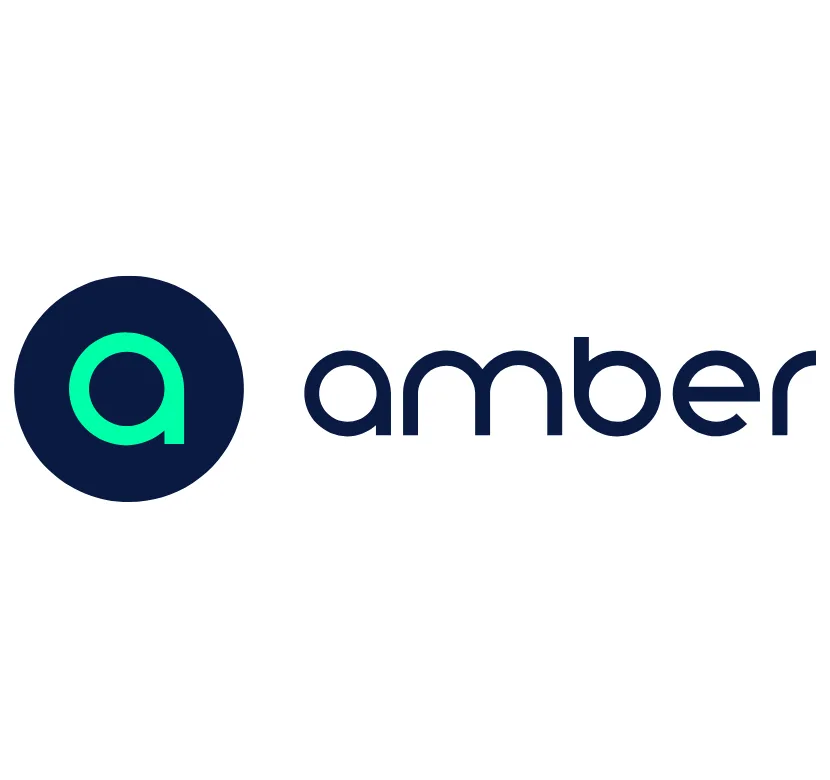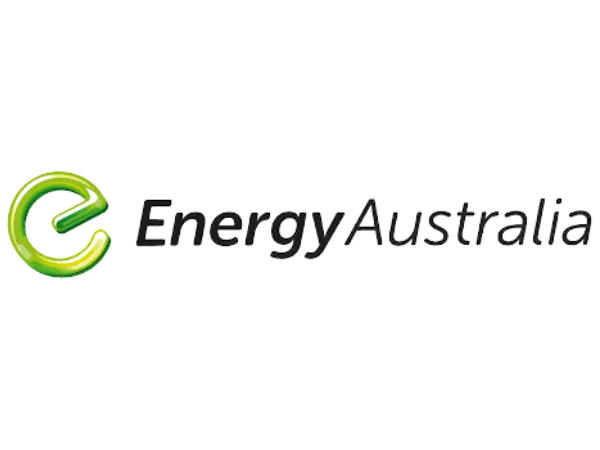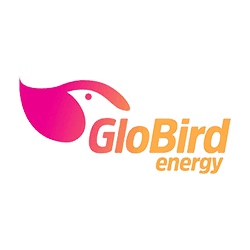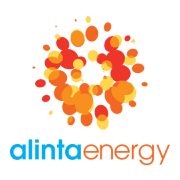
25% less than reference price
Basic Plan Information
Here are the top 3 cheapest electricity plans for February 2026.

25% less than reference price
Basic Plan Information

18% less than reference price
Basic Plan Information

17% less than reference price
Basic Plan Information
It's easy to get overwhelmed by choices. So here's a look at the 3 cheapest gas plans available in February 2026.

Basic Plan Information

Basic Plan Information

Basic Plan Information
The simple answer is that shopping around can save you money. However, this only applies to households living in South East Queensland.
Electricity prices in regional Queensland are regulated by the Queensland Competition Authority so you can't really switch around. This is to protect customers from being overcharged as it's more expensive for retailers to service regional areas.
Some households may be able to compare gas plans.
Now for those of you who can compare electricity and gas plans, here's a rundown of why it's important to do so minus the obvious:
When you're comparing electricity or gas plans from various providers, there are a few key details to keep an eye on:
How much you're charged for energy in QLD will depend on the type of tariff you're on. These include:
You'll either be charged a flat rate throughout or your bill will be based on a stepped rate structure, which is a lot more common among retailers.
For example, you could be charged a certain price for the first 45MJ, another price for the next 35MJ and so on.
Finder compares popular energy providers including AGL, Origin Energy and Alinta Energy.
We've broken down our list of providers in two, for electricity and gas. However, you will notice some of them will offer plans for both fuel types. They're known as duel-fuel providers.
How much you're charged per kilowatt hour (kWh) in QLD will depend on the retailer.
The average usage charge for single rate tariff plans in our database is around 33.03 cents per kWh (postcode 4000). The average supply charge sits at 150.79 cents.
Similar to electricity, your gas charges will vary depending on your provider.
The average usage charge for gas plans in our database is 3.85 to 3.97 cents per megajoules (MJ), using postcode 4000 as an example. The average supply is 120.27 cents.
It's been a whirlwind for a couple of years for energy bills, and there seems to be little reprieve for households doing it tough with the general cost of living.
The good news is you may be eligible for energy rebates and concessions if you're struggling to pay your bills.
The federal government is giving all Australian households $150 in energy bill relief from 1 July 2025.
It'll be credited directly to accounts by your energy retailer unless you are in an embedded network, in which case you'll need to apply via your state government's website directly.
You may be eligible for further concessions if you're a senior, pensioner, low-income household, or someone with medical needs. You can call your energy retailer directly to find out what you might be eligible for.
South East Queensland deregulated electricity prices in 2016. This means retailers can set their own prices.
However, the Australian Energy Regulator sets benchmark prices annually on 1 July to help residential and small business customers compare plans from various retailers.
For example, if a retailer offers a 20% discount, this is 20% off the reference price.
Electricity prices in regional QLD are still regulated.
Gas prices were degregulated ever since the introduction of full retail competition back in 2006.
Queensland is targeting 50% of electricity generation from renewables by 2030, 70% by 2032 and 80% by 2035.
The state has the highest rate of solar installations in the country, with 1 in 3 homes using solar.
If you don't have solar panels installed but want to take up some clean energy initiatives, you can sign up with a provider that offers:
GreenPower: Your electricity provider can't deliver renewable energy directly from the grid to your home. This is where GreenPower comes in. It's a government programme that lets energy retailers purchase renewable energy based on your usage, ranging from 10% to 100%. You can add this option for an extra cost.
Carbon neutral plans: If you prefer not to spend additional money, your energy provider can offset the carbon emissions from your electricity or gas usage. Some plans will specify they're 100% carbon neutral at no extra cost, while others offer it as an optional feature for a small fee.

"My quarterly bill has doubled in the last 5 years - nudged along by our kids growing up and taking longer showers, but more because energy prices have skyrocketed. We shopped around and were surprised that Amber offered the best value for us. Seeing the wholesale prices in real time means we can put the dishwasher on or run the washing machine during cheaper times. On our last bill, our average was 21.5c/kWh, and the bill before that was 25c."
Compare the cheapest electricity and gas plans available in your state.
Check your quarterly electricity and gas bill against the average in your state.
Take the hassle out of signing up with different providers by bundling your energy and internet and claiming a discount.
Most Western Australia residents can't switch electricity providers but have a few options when it comes to gas. Find out if you can switch energy retailers.
We’ll help you compare and find the cheapest electricity provider in Tasmania — and guide you on your gas options too.
You have the power to switch energy plans in Adelaide and the rest of South Australia. Luckily it only takes minutes to hunt down the cheapest options with us.
Find out how the NT energy market works and compare your options now.
Don’t snooze. It’ll take just a few quick clicks to start comparing electricity and gas plans in Victoria and Melbourne.
Residents of the ACT have several electricity and gas providers to choose from.
Ergon Energy creates and provides tailored and variable power supply to around 97% of the state of Queensland.